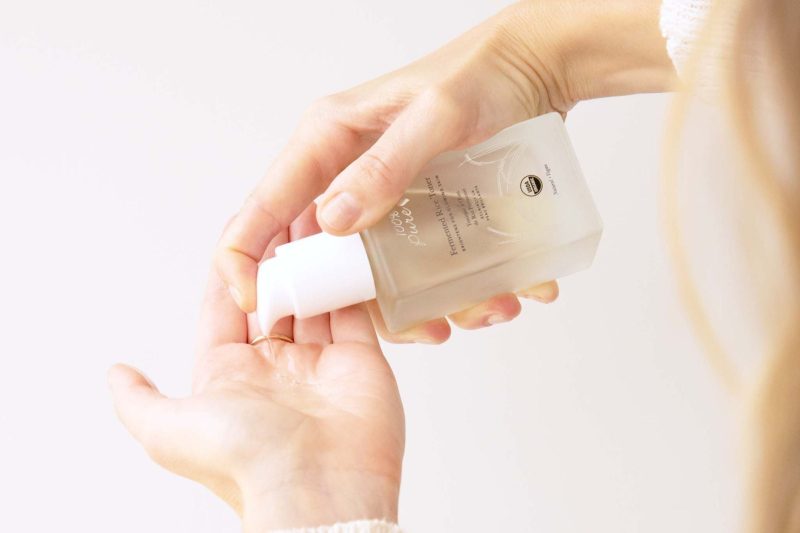Astringents, their long history in skin care dates back centuries to ancient civilizations where natural ingredients were harnessed for their beneficial properties. Today, astringents continue to be a staple in skincare routines, revered for their ability to minimize pores and enhance complexion. While astringents are sometimes misunderstood and underused, they offer a plethora of benefits that can transform your skin when used correctly.
One of the key benefits of astringents is their ability to tighten and shrink pores. Pores can often become enlarged due to excess oil production, dirt, and dead skin cells accumulating within them. Astringents work by constricting the skin tissues, causing the pores to appear smaller. This not only gives the skin a smoother appearance but also helps prevent the buildup of debris that can lead to breakouts.
In addition to pore-minimizing effects, astringents also help in controlling oil production. Oily skin can be a result of overactive sebaceous glands, leading to a shiny complexion and increased likelihood of acne. Astringents contain ingredients like witch hazel, salicylic acid, and tea tree oil, which work to balance the skin’s oil levels, helping to reduce excess oil without stripping the skin of its natural moisture.
Furthermore, astringents play a crucial role in maintaining the skin’s pH balance. Our skin’s pH level is naturally slightly acidic, which helps to protect against harmful bacteria and fungi. However, factors such as harsh cleansers and environmental pollutants can disrupt this balance, leading to various skin issues. Astringents help to restore the skin’s pH balance, creating an environment that is inhospitable to acne-causing bacteria while promoting overall skin health.
When choosing an astringent, it is important to consider your skin type and specific concerns. Those with oily or acne-prone skin may benefit from astringents containing ingredients like salicylic acid or tea tree oil, which target excess oil production and help combat blemishes. On the other hand, individuals with sensitive skin should opt for alcohol-free astringents with soothing ingredients like chamomile or aloe vera to prevent irritation.
While astringents offer numerous benefits, it is essential to use them properly to avoid potential side effects. Overuse of astringents can lead to dryness, irritation, and even an increase in oil production as the skin tries to compensate for lost moisture. It is recommended to use astringents no more than once or twice a day, depending on your skin type, and to follow up with a hydrating moisturizer to maintain skin balance.
In conclusion, astringents are a valuable addition to any skincare routine, offering pore-minimizing, oil-controlling, and pH-balancing benefits that can transform your skin when used correctly. By incorporating the right astringent for your skin type and being mindful of proper usage, you can achieve a clearer, smoother complexion and maintain skin health in the long run.

